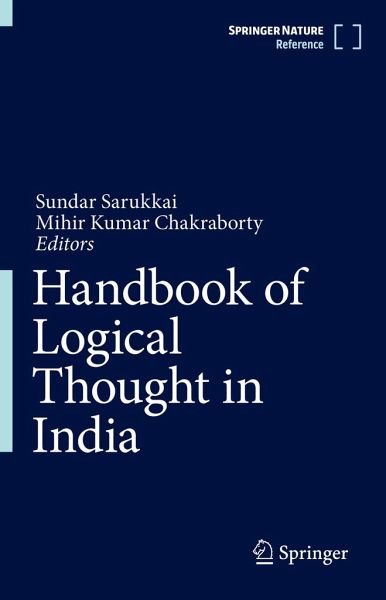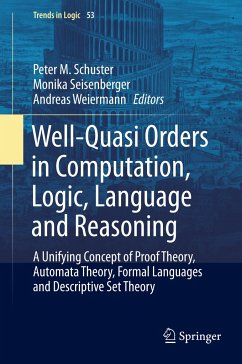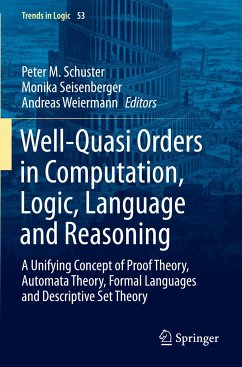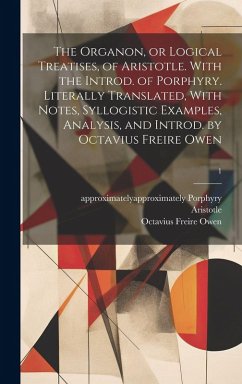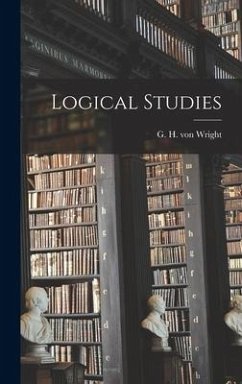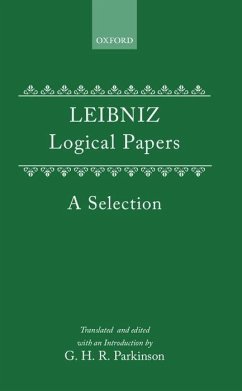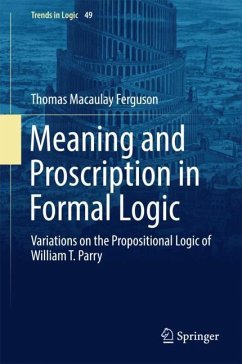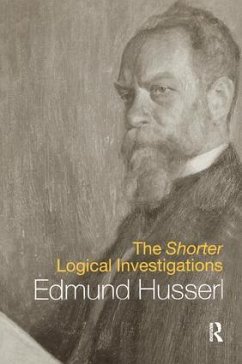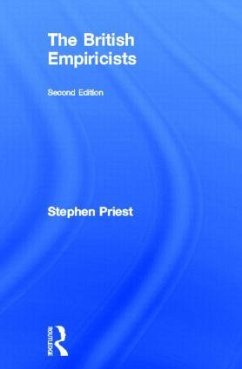Professor Sundar Sarukkai is the Director of the Manipal Centre for Philosophy and Humanities, Manipal University, Karnataka, India. He was previously Dean, School of Humanities, National Institute of Advanced Studies, Bangalore, India. He has been a PHISPC Fellow (of the Indian Council of Philosophical Research, 2003-2004); a Fellow of the Indian Institute of Advanced Study, Shimla (1999-2001); Homi Bhabha Fellow (1997-1999), David Ross Fellow at Purdue University (1988), among others. Among the editorial and governing positions held by Professor Sarukkai are Guest Editor, Special Section on the Moon, Leonardo Journal, MIT Press, 2008-2011; Guest Editor, Special Section on Mathematics, Current Science; 88(3), 2005; Editorial Board Member, Leonardo Book Series, MIT Press, USA, 2007-date; Member of the Council, Indian Council for Philosophical Research, 2009-2012; Member, Advisory Board, International Society for the Arts, Sciences and Technology, USA. August 2003 - date; Convener and Member, Working Group on Humanities, Social Sciences, Law and Management, Karnataka Knowledge Commission, Government of Karnataka, 2008-date; Steering Committee Member, Association for Logic in India, 2009-date, etc. Some of his most significant book publications are as follows: What is Science? National Book Trust, 2011; The Cracked Mirror: An Indian Debate on Experience and Theory (co-authored with Gopal Guru), Oxford University Press, 2012; Logic, Navya-Nyaya & Applications: Studies in Logic Series 15. Eds. M. Chakraborty, B. Lowe, M.N. Mitra, S. Sarukkai. London: College Publications, 2008; Logic and its Applications: Lecture Notes in Artificial Intelligence, 5378. Eds. R. Ramanujam and S. Sarukkai. Berlin: Springer-Verlag, 2009 Professor Mihir Kumar Chakraborty is currently Visiting Professor, School of Cognitive Science, Jadavpur University, India and Adjunct Professor, Indraprastha Institute of Information Technology Delhi (IIIT-Delhi). He was formerly Professor at Department of Pure Mathematics, University of Calcutta, India; Visiting Professor, Indian Institute of Engineering Science & Technology, Shibpur, India; Visiting Professor, Indian Statistical Institute, Kolkata, India; Guest Professor, Chongqing South West University, China; and Indian Institute of Science Education and Research Kolkata (IISER, Kolkata), Kalyani, West Bengal, India. His research interests are non-standard logics, fuzzy set theory and fuzzy logic, rough set theory and logics of rough sets, paraconsistent logics, foundations of mathematics, mathematics and culture, logic of diagrams, functional analysis, topology and knowledge representation. He has widely toured various countries on academic visits and co-authored and edited several books in both English and Bengali. One of the founders of Calcutta Logic Circle (CLC) and Association of Logic in India (ALI), he has also been awarded fellowships by Indian Institute of Advanced Studies (IIAS), Shimla; West Bengal Academy of Science and Tech. (WAST); Indian Council of Philosophical Research (ICPR); and International Rough Set Society (IRSS).
